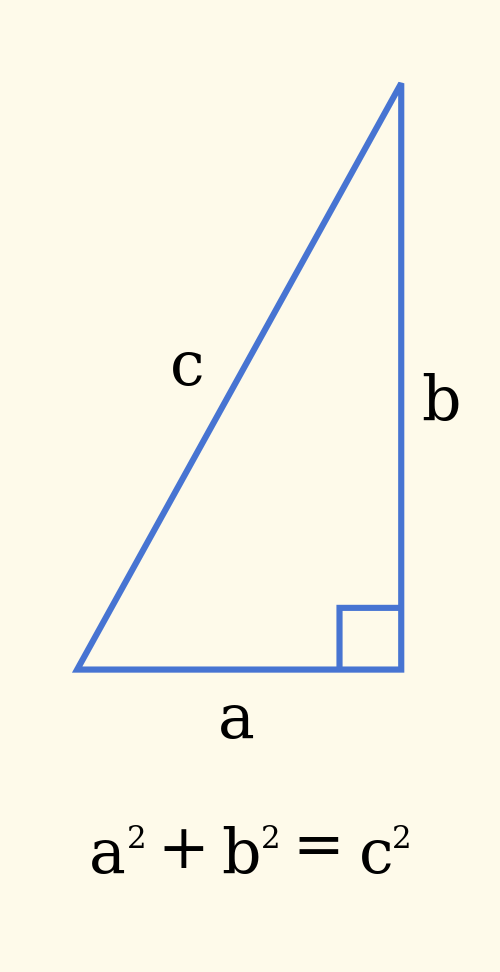LAST MONDAY, MY friend Tom and I took the ferry to San Francisco and walked to the Commonwealth Club, known as America’s oldest and largest public forum for the exchange of ideas on culture, politics and the economy.
The speaker was George Hammond, a Berkeley lawyer-turned-philosopher whose topic was Pythagoras, the sixth-century B.C. mathematician-philosopher who also dabbled in architecture, religion and music. “Pythagoras sought out concepts that were always true,” Hammond told the audience. “Surely you remember the Pythagorean theorem, where in a right triangle, A-squared plus B-squared always equals C-squared.”
According to Hammond, Pythagoras, a vegetarian who thought “women were every bit the equals of men,” also believed the earth was a sphere circling a “central fire” and that “all cultures are based on ideas.” Remember, Pythagoras roamed the Greek Isles some 2,500 years ago.
Heading home, Tom and I went back and forth over what Hammond said Pythagoras had said. Debatable points aside, we agreed the talk had activated parts of our brains that needed activating. The next morning, I mentally roamed around Marin to find upcoming talks and lectures that would get one’s brain buzzing. Here’s what I found:
On September 9, Marin resident Michael Krasny, host of KQED’s Forum, will converse with Sir Salman Rushdie, the award-winning British Indian novelist and essayist, about his latest novel, Two Years Eight Months and Twenty-Eight Nights, centering on a soon-to-be time of enormous upheaval where Eastern and Western worlds collide and merge and long-held beliefs are challenged. Rushdie’s genre is referred to as magical realism. cityarts.net
In the spirit of the famous TED (technology, entertainment and design) Talks given by the likes of Bill Gates, Sir Richard Branson and Jane Goodall, on September 17, TEDxMarin presents The Human Condition. The evening’s six talks are “The Ethics of Dying” by the president of Compassion and Choices; “Ordinary People, Extraordinary Impact” by Google’s chief of marketing and branding; “California’s Water Emergency” by the director of UC Berkeley’s Environmental Science and Engineering department; and “Stem Cell Technology: The Hype and the Hope” by the director of the Institute of Cardiovascular Disease at UCSF. And get this twist: in keeping with TED tradition, no single talk can exceed 18 minutes. tedxmarin.org
Supreme Court Justice Stephen G. Breyer, author of Making Our Democracy Work: A Judge’s View and Active Liberty: Interpreting Our Democratic Constitution, discusses his forthcoming book, The Court and the World, on September 25 with Marcia Coyle of the National Law Journal. Justice Breyer, a graduate of Stanford and Harvard Law School, was appointed to the court in 1994 by President Bill Clinton. He is known for his pragmatic approach to constitutional law and the optimistic viewpoint expressed in his writings. cityarts.net
And on September 28, noted author, inventor, entrepreneur and futurist Ray Kurzweil will appear as part of the Marin Speakers Series. Kurzweil, often dubbed “the Ultimate Thinking Machine,” has predicted that in 2045 “the Singularity” will occur, wherein technological progress — computers, genetics, robotics and the like — will have outstripped humans’ ability to comprehend it, so that artificial intelligence prevails over human intelligence, leading to the end of civilization as we know it. speakersseries.net
There you have it. Contrary to what some people say, Marin is a place with numerous opportunities to rewire your thinking with intriguing ideas. You just have to look for them. That’s my point of view. What’s yours?
Email [email protected].
The views and opinions expressed in this article are those of the author and do not necessarily reflect the policy or position of Marin Magazine and its staff.


